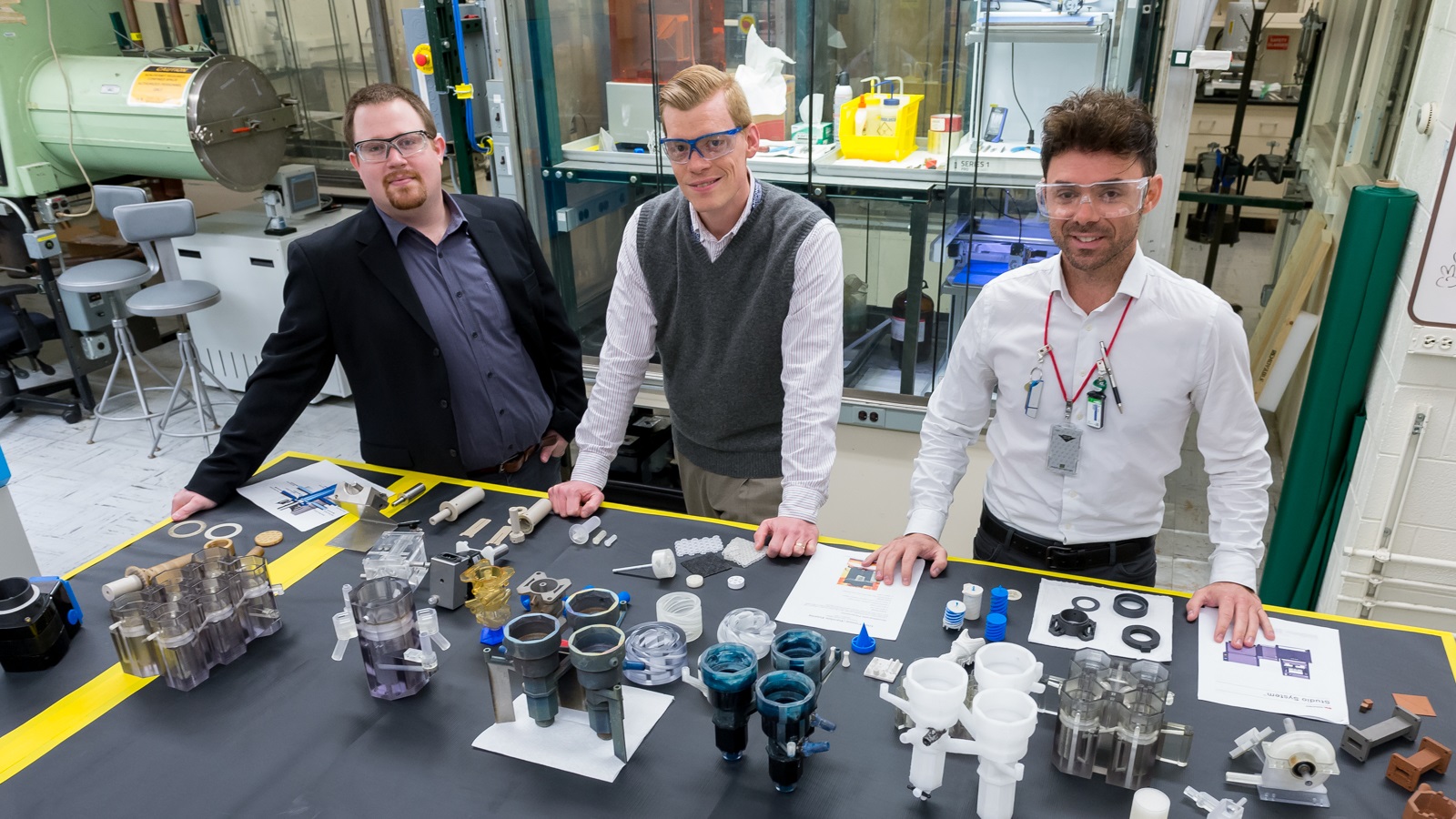3D printing is helping to tackle nuclear waste
3D-printed parts can boost the amount of waste successfully recycled

3D printing is finding more and more innovative applications – from printing meat in space to using giant printers to fashion entire boats – and the latest intriguing development is using the technology to help recycle more nuclear waste.
Over in the US, scientists from the Department of Energy’s Argonne National Laboratory have 3D-printed parts which will facilitate recycling more spent nuclear fuel.
- 3D printers can build a house in 2 days
- Best photo printers of 2019
- These are the best 3D printers of 2019
Currently, nuclear engineers can recycle 95% of spent fuel from a nuclear reactor, with the remaining 5% having to be stored as ‘long-term’ waste. The aforementioned 3D-printed equipment can be used to sort and recycle some of the latter, meaning that an extra 2% of nuclear waste can be recycled.
That might not sound like a particularly impressive percentage, but when you consider that it’s 2% of 5% of waste that can’t be dealt with without moving to some kind of long-term storage – which obviously isn’t an ideal scenario – you get a bit more of an idea of the sort of leap that’s being made here.
Long-term isn’t so long…
In fact, this extra 2% of recycled waste would mean that the length of time for which prolonged storage is required would be vastly reduced.
Andrew Breshears, a nuclear chemist at Argonne, explains: “Rather than store 5% for hundreds of thousands of years, the remaining 3% needs to be stored at a maximum of about one thousand years. In other words, this additional step may reduce the length of storage almost one thousand-fold.”
A further consideration is the process of breaking down this nuclear material could be used to generate electricity in a fourth-gen fast reactor, the scientists assert.
Sign up to the TechRadar Pro newsletter to get all the top news, opinion, features and guidance your business needs to succeed!
The benefits of using parts from a 3D printer for this recycling process include offering “inherent safeguards against nuclear proliferation”, as well as the flexibility they bring to the process. As Argonne engineer Peter Kozak explains: “If a part did fail, it would be easy to reprint and replace it. We could easily add or remove steps.”
Darren is a freelancer writing news and features for TechRadar (and occasionally T3) across a broad range of computing topics including CPUs, GPUs, various other hardware, VPNs, antivirus and more. He has written about tech for the best part of three decades, and writes books in his spare time (his debut novel - 'I Know What You Did Last Supper' - was published by Hachette UK in 2013).